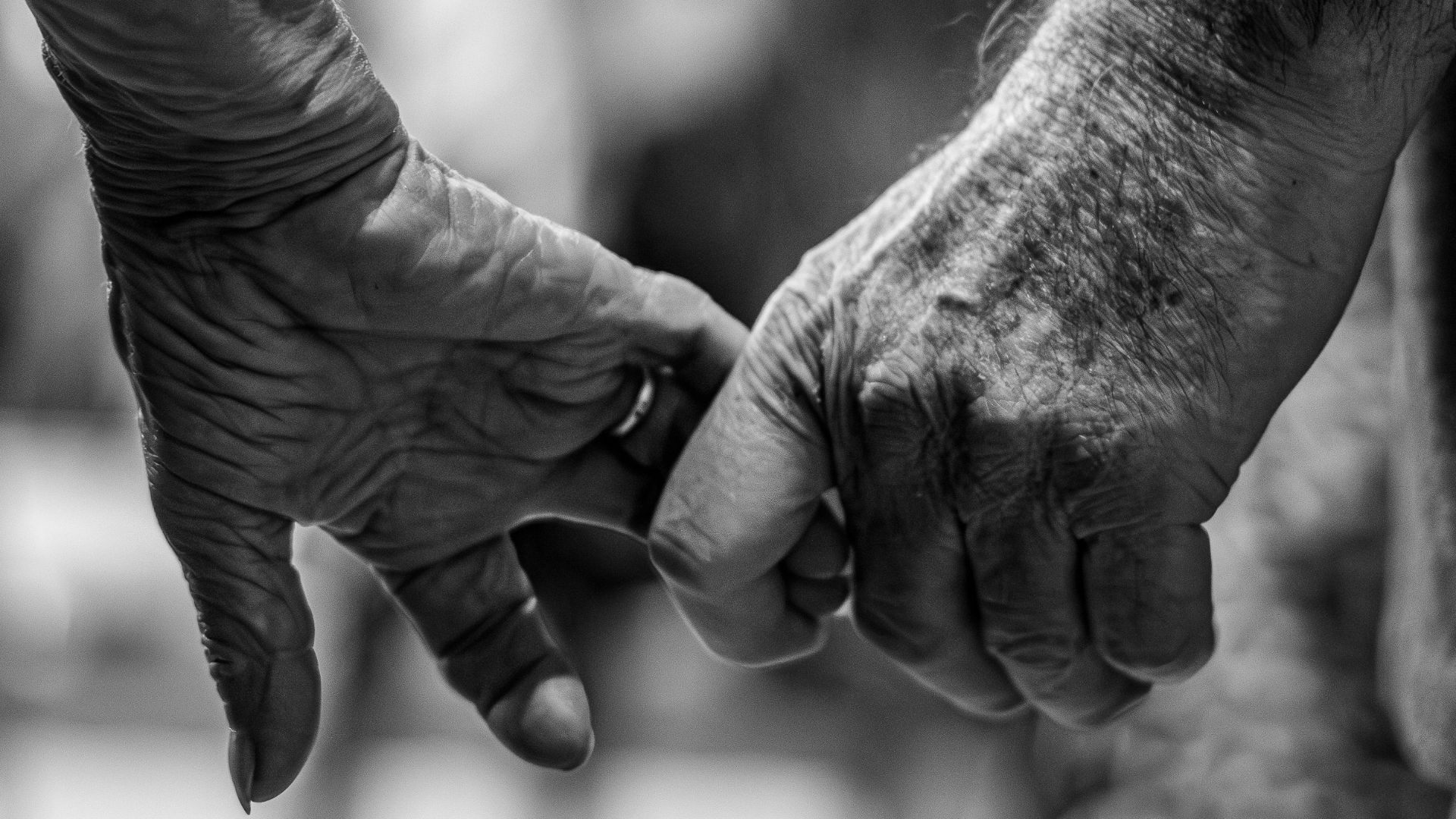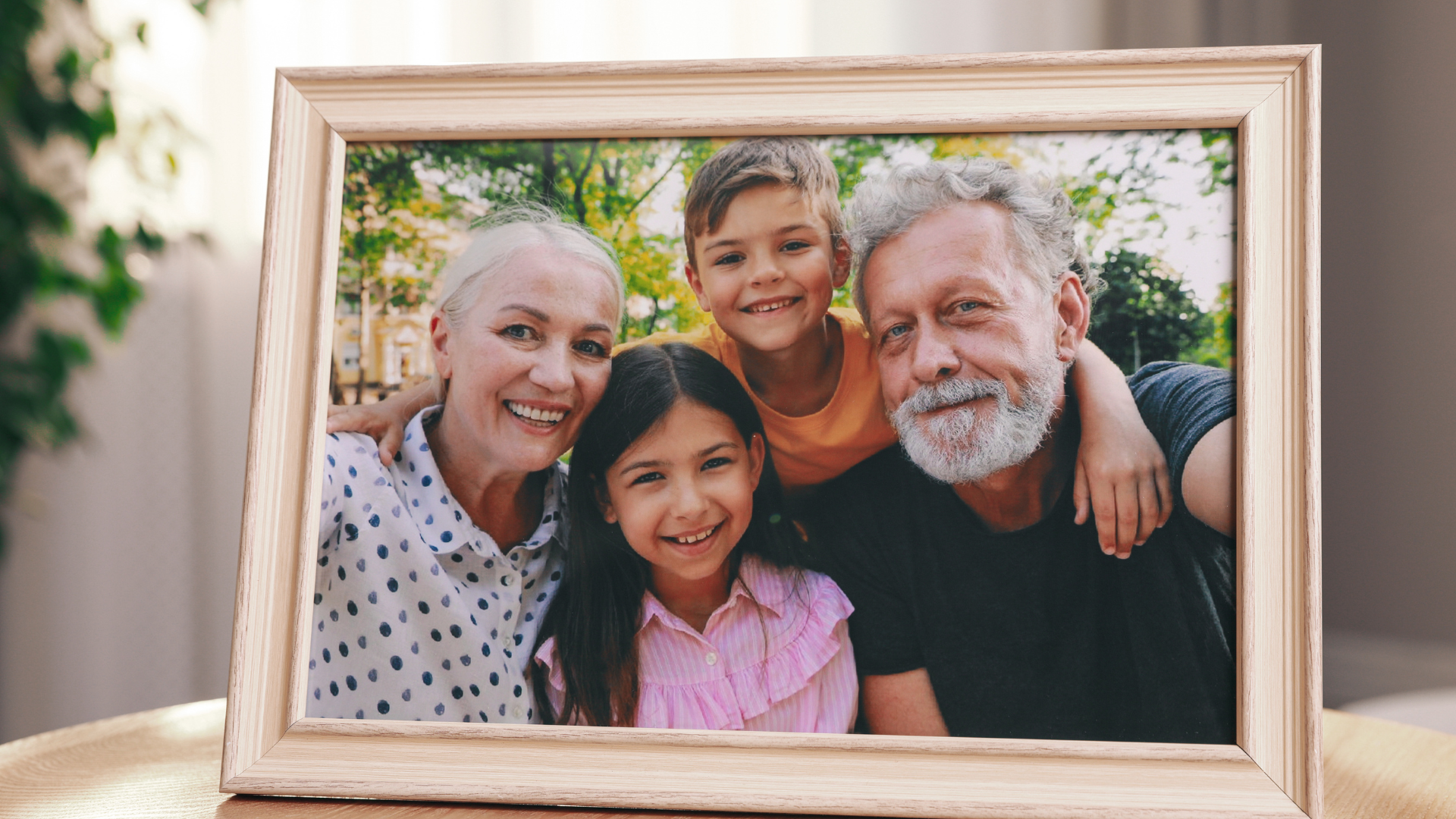Tips for Providing Comfort to Your Dying Loved One
One of the most formidable and predictable challenges in life is preparing for the impending death of a loved one. John Donne wrote, "No man is an island,” which informs us that we’re interconnected, a part of something larger than ourselves.
Loving others is a natural impulse unless that is, you’re a psychopath. Or a product of Artificial Intelligence. But setting aside these two possibilities, experiencing the ultimate demise of a loved one, is a severe challenge we’re usually ill-prepared to handle.
This post provides insights into how to prepare for the loss of a loved one and, just as importantly, how to comfort a dying person during their final days. Not all end-of-life experiences are alike, but there are similarities we can all learn from.
Acknowledging that preparing for the death of a loved one is a challenging process, both emotionally and practically, is a fundamental first step. Most of us are inexperienced, and hitting some speed bumps along the way is unavoidable. Coping mechanisms vary from person to person, but it’s essential to be patient with yourself and allow space for grief. Here are a few tactics that we believe will serve you well:
:: Network. It’s vital to seek emotional support. Lean on your family or professional counselors. A network of people you can count on will help you cope with the emotional challenges you will confront.
:: Self-care is critical. You must take responsibility for your own physical and emotional well-being. Engage in activities that bring you comfort and peace—walking, jogging, and working out help keep you sharp and relieve stress. Be proactive in asking for help when needed.
:: Educate yourself about grief. Become familiar with the grieving process and understand that everyone copes differently. Being aware of what to expect emotionally can help you navigate your feelings and those of others.
:: Don’t overlook the opportunity to plan. Stress can incentivize putting things off. However, it is essential to ensure that certain documents are in place. Encourage your loved one to document their wishes regarding medical care, funeral arrangements, and distribution of assets. This can ease decision-making and provide considerable advantages during difficult times. Discuss financial matters with your advisors and make necessary arrangements to reduce the administrative burden later. Consult Arlington’s funeral directors to ensure personalized funeral plans are in place.
The suggestions above can help you prepare for your loved one’s death. In contrast, the following tips are offered to prepare your loved one. During those difficult days of transition, it’s hard to overstate the encouraging power of comforting and validating words for someone who is dying. Assure them that they are loved and that their life was impactful. Perhaps a comment as simple as “Your presence has been a gift, and your warmth and kindness will live on in our hearts even when you’re no longer with us physically” will be all they need to hear.
Even so, here are some additional actions to consider when assisting your loved one:
:: Cultivate Open Dialogue. Encourage open and honest conversations about their feelings, fears, and desires. Create a safe space for them to express themselves without judgment.
:: Practice Active Listening. Be attentive - listen actively. Frequently, having someone to share thoughts with can provide immense comfort.
:: Create Meaningful Moments. Engage in activities that bring joy and meaning. This could be as simple as enjoying a favorite meal, watching a movie together, or spending time in nature.
:: Spiritual or Personal Practices. If your loved one has spiritual or personal practices, support and facilitate these activities to bring comfort and connection.
:: Memory Sharing. Encourage storytelling and reminiscing. Reflecting on a life well-lived can be a source of solace.
:: Emotional Validation. Acknowledge and validate their emotions. It's okay for them to feel a range of emotions, and your support in accepting these feelings can be reassuring.
:: Assist with Legacy Projects. If they express a desire to leave a legacy, help them with projects like writing letters, creating videos, or compiling a photo album.
:: Connect with Supportive Friends and Family. Facilitate connections with friends and family who can provide additional emotional support. Strengthening social bonds can be comforting.
:: Professional Counseling. Consider involving a professional counselor or therapist to provide specialized emotional support during this challenging time.
Please keep in mind that a short post provides merely a good overview. There are likely other personalized actions you may consider. Most appropriately, remember that everyone's emotional journey is unique, so tailor your approach based on your loved one's preferences and needs.
This article originally appeared on The Arlington Memorial Gardens website. Reposted with permission and rights.
Articles and Insights









